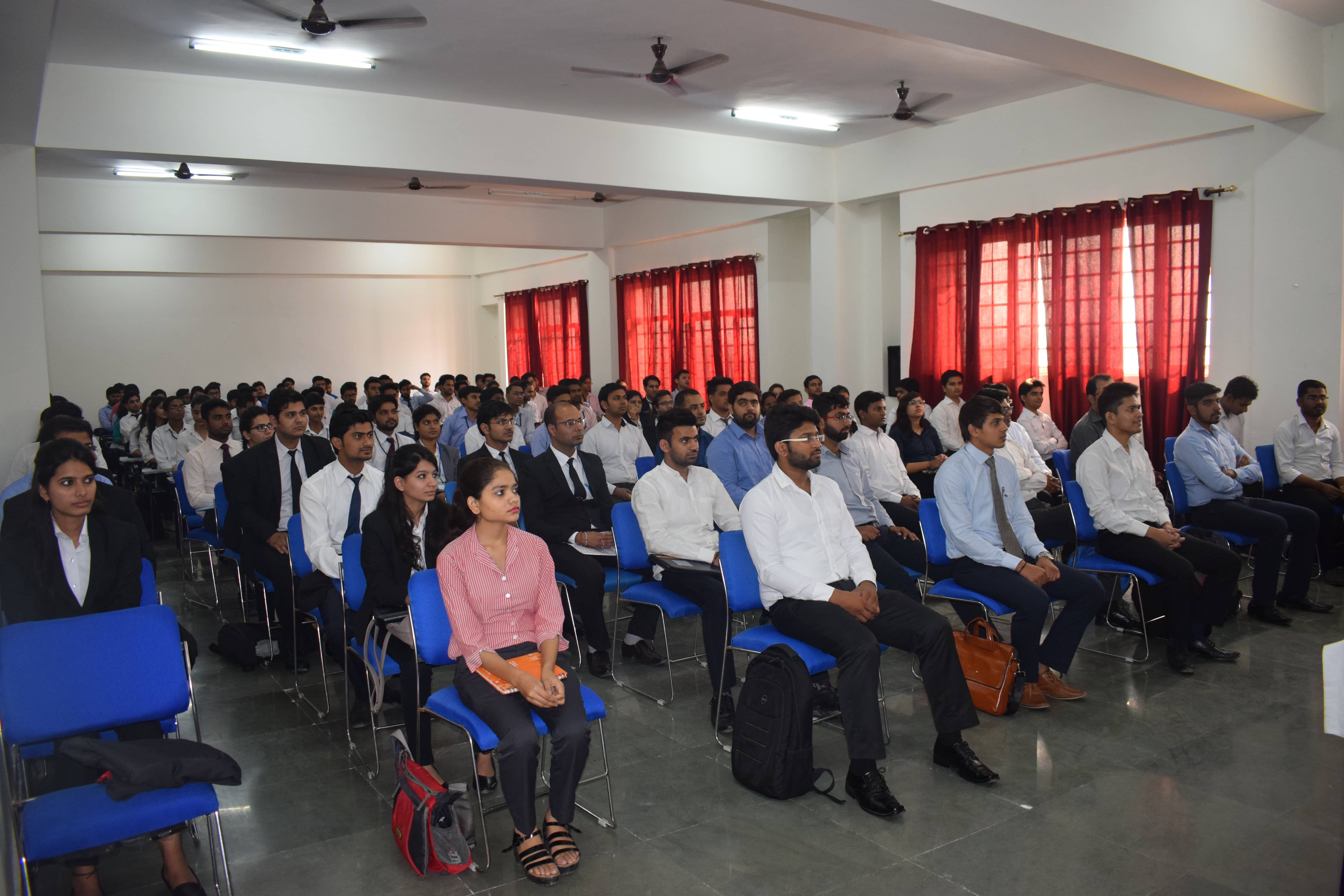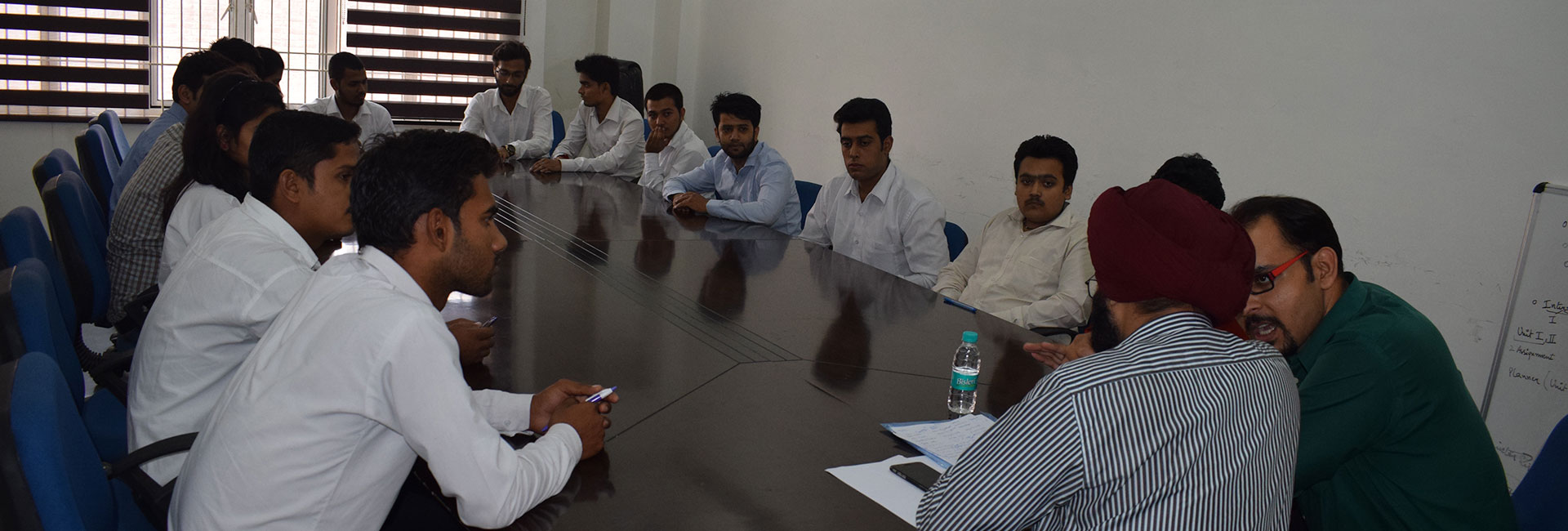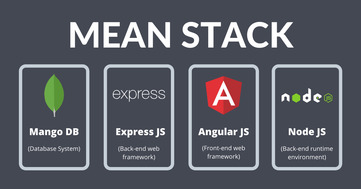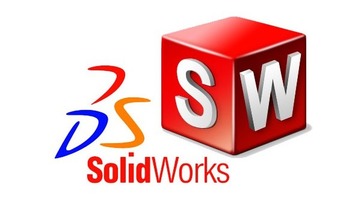Lle tela amin feuya
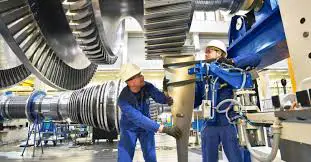
Diploma in Pharmacy (D.Pharma)
2 years course
St. Andrews College of Pharmacy (SACP) offers Diploma in Pharmacy (D.Pharma) is a two-year program designed to provide basic knowledge and skills in pharmacy. It serves as an entry-level qualification for those interested in pursuing a career in the pharmaceutical field. This college is approved by Pharmacy Council of India and Affiliated with Haryana State board of Technical Education.
A Diploma in Pharmacy (D.Pharm) is a comprehensive two-year undergraduate program that provides students with foundational knowledge and practical skills in pharmaceutical sciences. Typically spans 2 years, divided into 4 semesters. The structure Includes both theoretical coursework and practical training. The program also serves as a pathway for further education and specialization in pharmacy-related disciplines.
Here are some important topics typically covered in a D.Pharm curriculum:
- Pharmaceutics: Focuses on the study of dosage forms, pharmaceutical formulations, and drug delivery systems. Principles of compounding, formulation development, and pharmaceutical calculations.
- Pharmaceutical Chemistry: Covers organic, inorganic, and medicinal chemistry as it relates to pharmaceuticals. Topic involves Structure-activity relationships, drug synthesis, and analytical techniques in drug analysis.
- Pharmacognosy: Involves the study of medicinal plants and natural products used in the preparation of pharmaceuticals. Identification, extraction, and therapeutic uses of natural drugs and phytoconstituents.
- Pharmacology: Introduces the fundamental principles of drug action mechanisms and therapeutic applications. Pharmacokinetics, pharmacodynamics, adverse drug reactions, and drug interactions.
- Human Anatomy and Physiology: Provides understanding of the structure and functions of the human body systems relevant to drug therapy. Anatomy of major organ systems, physiological processes, and their implications in drug administration.
- Health Education and Community Pharmacy: Covers public health principles, hygiene practices, and preventive measures relevant to pharmacy practice. Patient counseling, health promotion, and disease prevention strategies.
- Pharmaceutical Jurisprudence: Examines the legal and ethical aspects of pharmacy practice, including regulations and standards. Pharmacy laws, drug control regulations, ethics in pharmaceutical practice, and professional responsibilities.
- Drug Store and Business Management: Focuses on the principles of managing a pharmacy business and operations. Inventory management, pharmacy operations, marketing strategies, and financial management.
Practical Training offer in Diploma in Pharmacy
- Laboratory Work: Hands-on experience in pharmaceutical laboratories for compounding, dispensing, and quality control of medications.
- Internship: Practical training in community or hospital pharmacies, where students apply their knowledge under supervision.
Skills Developed in Diploma in Pharmacy
- Technical Skills: Proficiency in pharmaceutical calculations, compounding techniques, and drug dispensing.
- Pharmaceutical Knowledge: Understanding of drug properties, interactions, therapeutic uses, and adverse effects.
- Patient Care: Ability to counsel patients on medication usage, dosage regimens, and health-related concerns.
- Regulatory Knowledge: Familiarity with pharmacy laws, ethical guidelines, and compliance requirements.
- Business Management: Skills in managing pharmacy operations, including inventory control, customer service, and business development.
Career Opportunities in Diploma in Pharmacy
- Community Pharmacist: Works in retail pharmacies, providing medication dispensing, patient counseling, and health services.
- Hospital Pharmacist: Manages medication therapy, drug distribution, and patient care within hospital settings.
- Pharmaceutical Sales Representative: Promotes pharmaceutical products to healthcare providers and pharmacies.
- Clinical Research Associate: Supports clinical trials, research studies, and drug development processes.
- Regulatory Affairs Specialist: Ensures compliance with pharmaceutical regulations and standards in manufacturing and distribution.
Further Studies after Diploma in Pharmacy
- Bachelor of Pharmacy (B.Pharm): Allows for advanced studies in pharmacy with a deeper focus on pharmaceutical sciences and clinical practice.
- Master of Pharmacy (M.Pharm): Offers specialized education in areas such as pharmacology, pharmaceutics, pharmaceutical chemistry, and clinical pharmacy.
- Pharm.D (Doctor of Pharmacy): Provides advanced clinical training and prepares graduates for direct patient care roles in healthcare settings.
Overview D. Pharma.
Eligibility
Contact Admission Cell
Career Opportunities
Computer Scientist
Website Designing
Labs and Workshop
Technical Trainings
-

WEB DESIGNING
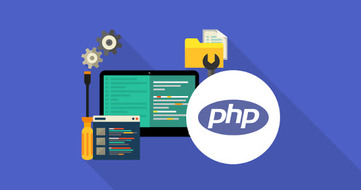
PHP
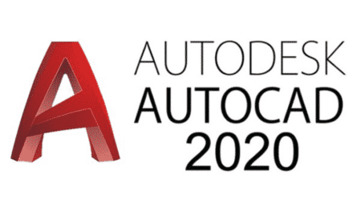
AUTOCAD 2020

DIGITAL MARKETING
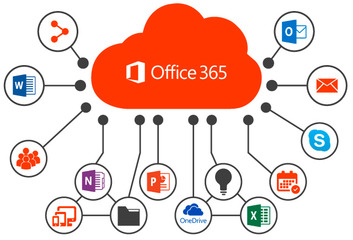
OFFICE 365
Corporates where placement opportunity was given
Download Placement Report

Our Top Recruiters
Frequently Asked Questions
1. Which is better BCA or B.Tech?
Both are professional UG programs and have their own importance. BCA is a 3-year degree program whereas B.Tech is a 4-year degree program. BCA mainly focuses on the study of computer applications whereas B.Tech has several specializations and the area of study depends on the chosen stream.
2. What after 12th BBA or BCA?
Students should choose the UG program as per their interests. Students who are interested in management studies should opt for BBA and those who are more into technologies should choose BCA.
3. What is difference between B.Tech & B.E?
The B.Tech. program is more practical-oriented than the BE program which is more theoretical. B.E. is more associated with theoretical ideas and principles, while B. Tech. is more focused on the practical implementation of those theories. However, the curriculum for B.E. and B.Tech courses offered by different engineering colleges and institutes is more or less the same. Employers place equal importance on both degrees.
4. Difference between BCA & B.sc (computer science)?
BSc Computer Science is more concept-oriented while BCA is application-oriented. BCA course will teach you about emerging technologies and their applications while giving you a basic idea of commonly used programming languages. However, the B.Sc (CS) course would focus more on theoretical concepts.
5. What is the eligibility for criteria BBA & BCA?
10+2 with 50% aggregate marks from a recognized board. (50% marks for SC/ST candidates of Haryana only) in BBA
10+2 with 45% aggregate marks from a recognized board. (45% marks for SC/ST candidates of Haryana only) in BCA
6. What is the eligibility criteria for B.Tech?
10+2 with Physics and Mathematics as compulsory subjects along with one of the following subjects: (a) Chemistry (b) Bio-Technology (c) Biology/ Technical Vocational subject and minimum 45% aggregate marks from a recognized board/university.
7. What scholarships are provided at SAITM?
Scholarships are provided on the following basis:
- Class xii marks (percentage). A slab has been made and scholarships are given in the form of fee waiver seats at the time of admission to the students.
- Cash scholarships are given to the university rank-holders from time to time.
- Scholarships are given to the students belonging to SC, ST, and OBC as per state/central government policies.
8. How to enroll for admission at SAITM?
Students can enroll for admission at SAITM by filling an application form. Students can either apply online or offline. The details are available on the admission page.
9. What are the jobs prospects in BCA?
Students usually start as a Junior Programmer or a Software Tester and then move higher up the ranks to the role of a Senior Programmer. The IT industry is booming in India and you can find many companies with vacancies for BCA graduates.
Though the BCA program gives students good exposure to technologies, it is advisable for students to pursue MCA to give their career a wise push. After graduation, a student with a B.Tech degree has greater job opportunities than a student with a BCA. Still, junior programming positions and software testing jobs are available to BCA graduates and from there, students can climb up.
10. What are the job prospects in BBA?
BBA graduates can opt for roles in business management and sales. Some companies also offer roles of production supervisor, planner, and administrator to BBA graduates.
BBA graduates usually get hired by companies that are involved in the business of manufacturing, construction, retail, IT, and finance. They can also apply for various government jobs. Some of the esteemed job profiles you can attain after successful completion of BBA are:
Finance Manager
Business Administration Researcher
Human Resource Manager
Research and Development Manager
Business Consultant
Information Systems Manager
Marketing Manager
Some of the polished areas where a BBA graduate can look for employment are:
Banks
IT Firms
Marketing Organizations
Educational Institutes
Business Consultancies
Multinational Companies
Financial Organizations
Export Companies
11. What is better BBA or B.com?
BBA programme provides different roles in all sectors across all the domains. B.com offers the opportunities majorly in accounts department. BBA is a professional degree course in comparison of B.com which is a normal degree course.
12. What is better a degree or a diploma?
A degree in any specialized course opens wider career options than a diploma.
13. What are the job prospects in B.Tech?
Quality engineers are in high demand everywhere and in every sector be it banking, manufacturing, or aviation, whether within our borders or abroad. As the growth pace of the IT industry is consistently high, there are several career opportunities for B.Tech graduates. India is a particularly important outsourcing hub for clients from different parts of the world. There are plenty of jobs for everyone in posts such as:
Website Developer
Software Engineer/Programmer
Software Designer
Research Analyst
14. What are the job prospects in MBA?
MBA/Global MBA opens the diversity opportunities to work in various sector. These opportunities can be in the domain of:
- Marketing : Channel Management, Retail Management, Market Research, Digital Marketing, Media Sales, Pre Sales.
- HR : HR Analytics, Talent Acquisition, HR Business Partner, Compensation and Reward Management, Industrial Relations and Labour Laws.
- Finance : Investment Banking, Equity Research, Commercial Credit, Corporate Finance, Finance Quality Management
- Business Analytics
15. How to enrol for admission in MBA Program at SAITM?
Steps of enroling for MBA program at SAITM:
- Filling up Application form
- Appearing for personal interview round
- Final Selection
- Paying registration fees Rs.25000/- within 7 days of getting admission call
16. What is the eligibility criteria for MBA?
Graduation from UGC recognised university with 50% aggregate marks. 47.5% marks in case of SC/ST candidate.
17. What are the salient features of MBA Program?
Salient Features:
- Approved by AICTE and affiliated to MDU, NAACA+
- Grooming Professionals for Industry 4.0
- Global connects for career tracks in new-age areas.
- Dual Specialization
- Domain specialist FacultyTechno - Managerial - Content
- Curriculum with cutting-edge technology
- Profile Based Training
- 8 Value Added Certifications with 6 Core Certifications
- Seminars/Workshops
- Live ProjectsPaid Winter/Summer Internship/OJT
- 100% International Placement Assistance
- High ROI
- Art of Infrastructure with Cutting Edge Creativity
18. Details of Value Added Training Certifications & Workshops in MBA?
Value added training Certifications & Workshops in MBA:
- Microsoft Package (Basic & advance Excel)
- Data Visualization
- Digital marketing
- Certification in Wealth management & Financial planning
- Financial Derivatives
- personality Grooming and Image Building
- Aptitude
- Recruitment Process
- SAP / ERP
Contact Us
SAITM CollegeMOBILE NUMBER
EMAIL ID

